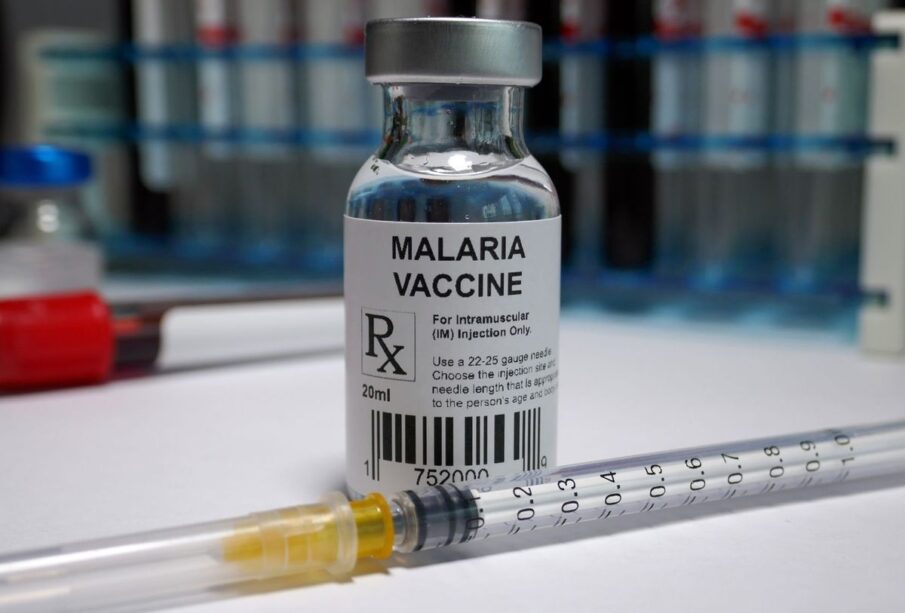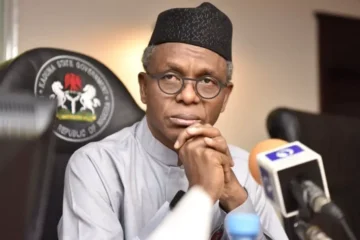
Malaria vaccine
The federal government will commence malaria vaccination in Kebbi and Bayelsa states, today.
The exercise marks the introduction of the malaria vaccine in the country.
The National Primary Health Care Development Agency (NPHCDA) said the first phase of the malaria vaccine rollout in Nigeria will commence in Kebbi and Bayelsa states.
The agency, on its X handle, said the malaria vaccine will now be part of the National Immunization Schedule, offering protection to millions of children and moving the country closer to a malaria-free future.
Earlier in October, the federal government received one million doses of the R21/Matrix-M malaria vaccine donated by Gavi, the Vaccine Alliance. It was delivered with the support of UNICEF and the World Health Organization (WHO).
The Executive Director of NPHCDA, Dr Muyi Aina, said the vaccine will be administered to children aged five months to 15 months as part of routine immunization.
“The introduction will be expanded to other states and integrated into our national routine immunization schedule, as we receive additional doses.
“The second phase will target 19 states and FCT, while the third phase will target the remaining 15 States. Both phases are scheduled for 2025,” he said.
The Director of Immunisation and Disease Control, Kebbi State Primary Healthcare Development Agency, Junaidu Haliru Gwandu said the state targets 595,000 children in the first phase of the malaria vaccination rollout exercise.
Dr. Walter Mulombo, WHO Representative in Nigeria, said, “We are confident that this vaccine, in combination with other preventive measures, will drastically reduce the burden of malaria in Nigeria and help us move closer to achieving the goal of a malaria-free Africa.”
The R21 vaccine was developed by scientists at Oxford University and made by the Serum Institute of India and Novavax. Nigeria is one of the first countries in the world to back the vaccine. Malaria vaccination is only for the prevention of malaria in children, not adults.
Malaria is one of the deadliest diseases in Nigeria and Africa, taking the lives of hundreds of thousands of children under the age of 5 each year. Nigeria accounts for approximately 27% of the global malaria burden and 31% of malaria deaths worldwide.











